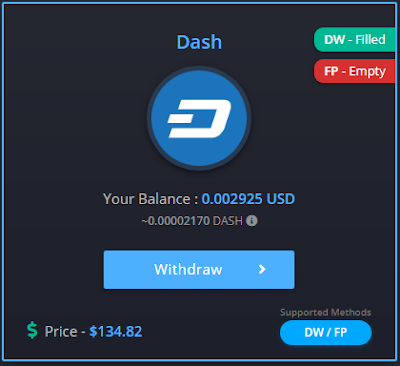Brief Redbubble overview
Note: This will be superceded by a more in-depth guide at a later date.
Redbubble is a site where artists can upload digital copies of their artwork for sale, to be printed on various print on demand products such as coffee mugs, t-shirts, blankets, pillows, shower curtains, etc. When a customer buys a product off Redbubble, Redbubble will get a portion of the profit from the sale, and the artist will get the rest. Artists can customize their markup (their portion of the sale profit), but by default it is 20%. Note that given the costs Redbubble must pay, including materials, labor, advertising, etc., 20% may not sound like much for the artist, but it is actually higher than some competing websites offer. Plus if the artist wants more, they can set the markup higher, but note that this cost will be passed on to the customer.
One thing that sets Redbubble apart from most other print on demand providers is that they provide you with both website hosting and a bit of advertising, making Redbubble a great choice for artists who can't afford their own website hosting or paid advertising yet. Redbubble tends to rank well on Google, but note that you will have to compete with other Redbubble artists for search rankings, both on Redbubble and on Google.
Trademarks
For legal reasons, it is very important to do a trademark search for any text you wish to include on your artwork. Note that this is not legal advice, as I am not a lawyer, just a recommendation from one artist to other artists. One easy website to do trademark searches on is Trademarkia.
Derivative work legal issues
A derivative work is a piece of artwork that incorporates or is strongly inspired by a piece of artwork by another artist. Please note that while derivative works are allowed on Redbubble under certain circumstances, it is not legal to take a random copyrighted photo off the internet and try to sell it on Redbubble or anywhere else. If you wish to legally sell derivative artwork, you must have the legal right to make use of the original artwork. This may be the case if a) the original is in the public domain b) you purchased usage rights, e.g. you bought a bunch of stock photos or c) you get permission from the copyright holder, e.g. if the company that owns Star Trek gives permission to fan artists to make Star Trek inspired artwork. Note that this is not legal advice, as I am not a lawyer, just a recommendation from one artist to other artists.
Free software for creating or editing artwork
While there are many free software options for creating or editing artwork, the GNU Image Manipulation Program, aka Gimp, is one good option. Gimp is nearly as powerful as Photoshop, but it is open source, which means (among other things) that you don't have to pay for it, and and it is legal to sell artwork you create with Gimp on t-shirts and other items (unless other laws unrelated to Gimp prohibit a particular art piece, e.g. if you made fan art without permission from the original copyright holder).
My Redbubble Store
Advertising disclaimer: I will receive a portion of the profits if you buy any of my artwork from Redbubble.
My store on Redbubble is FoxyParrot. If you check it out, you can see a variety of beach and nature photos and artwork, including from Monterey Bay, Assateague Island, and Tampa Bay, Halloween-themed designs, spooky weird patterns, etc!

Comments
Post a Comment